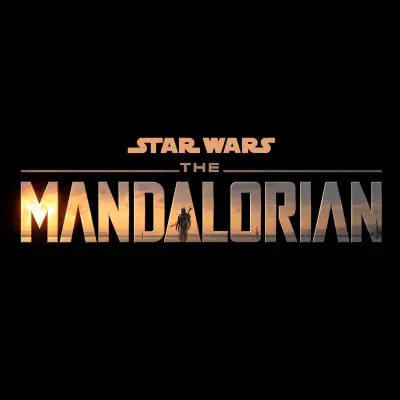The Mandalorian is great because of its stripped-down style, but it's starting to fall in love with having big moments
-

The Disney+ Star Wars series' "narrative sparseness and emphasis on luxuriating in the world it has built sets it apart from many other TV shows, ones that are frantic and over-plotted in the hope you won’t turn them off if they keep throwing new things at you," says Emily VanDerWerff. "But relying on a single exciting event per episode ties into a TV storytelling trend I’m increasingly wary of when I see it start to pop up, over and over again, on the shows I enjoy. And in a series set in a popular, well-known fictional universe, as The Mandalorian is, that storytelling trend seems particularly hard to resist. I first started trying to define this trend as it related to HBO’s Game of Thrones, a series I had greatly enjoyed until the second half of its run. At that point, Game of Thrones’ storytelling became so entwined with its biggest, most brutal twists that it eventually abandoned the things that made it so good in the early going in an effort to chase after the next surprise. By its end, it was working so hard to make everything so spectacular that it largely avoided coming up with connective tissue to make sense of its spectacle, to its detriment. The 2010s were littered with shows caught up in a search for the spectacular, from American Horror Story to Stranger Things. When it’s harder than ever to stand out from a massive glut of TV series to choose from, having some water-cooler-ready moments to lean on creates instant audience engagement. These moments even offer free promotional opportunities thanks to all the excited tweets and social media posts that are sure to result." VanDerWerff adds: "So far, The Mandalorian hasn’t fallen into the worst tendencies of this sort of storytelling, the ones that felled Game of Thrones. It doesn’t try to hide its characters’ motivations in the name of a big twist, nor does it sacrifice logic in favor of getting to a big moment. Its stripped-down style gives it plenty of room to build to its big moments properly. But across season two’s second half, I found myself increasingly disconcerted by the series’ reliance on Star Wars favorites, culminating in a cameo by Luke Skywalker himself (played by a badly digitally de-aged Mark Hamill) in the season finale. What does our investment in the relationship between the Mandalorian and Baby Yoda (who is technically named Grogu, but c’mon) matter if the show gets almost even more audience excitement from having Boba Fett pop up for a few episodes? To be clear, I’m talking about a saturation problem that hasn’t yet overwhelmed The Mandalorian, just one that seems inevitable to me, as someone who has seen lots of series chase their biggest, most promotable moments over a cliff. It’s really not hard to imagine the series gradually becoming taken over by these servicing impulses, instead of using them to offer a sprinkling of cool cameos for the fans. I’d even argue that the second half of season two already succumbed to these desires."
ALSO:
TOPICS: Star Wars: The Mandalorian, Disney+, Mark Hamill, Star Wars
